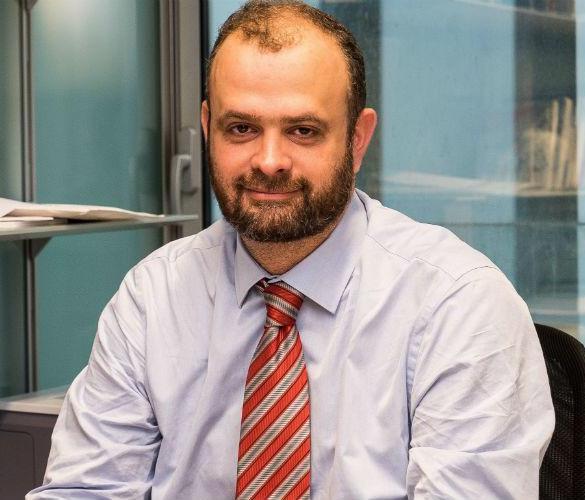Since 1997, when the US supreme court metaphorically called the Internet the free market of ideas, attempts at regulation have been blocked by the 1st amendment. But with power concentrated in a few platforms, that metaphor is now misleading, says a study

Credit: Paolo Tonato
Since 1997 (Reno vs. American Civil Liberties Union), the Supreme Court has used the metaphor of the free market of ideas to define the Internet, thus addressing the regulation of the net as a matter of freedom of speech. In law, metaphors have a constitutive value and, once established, affect the debate and the decisions of the Courts for a long time. In the paper ‘Judicial Frames and Fundamental Right in Cyberspace’, published in the American Journal of Comparative Law, Oreste Pollicino (Bocconi University) and Alessandro Morelli (Università Magna Graecia, Catanzaro) apply to judicial reasoning reflections on metaphors and go so far as to criticize, on the one hand, the US Supreme Court’s orientations on (non-)regulation of the Internet and, on the other, to invoke changes in Directive 2000/31/EC on e-commerce. Internet regulation should be framed not as a matter of freedom of speech, but as a matter of freedom to conduct a business, they argue.
The metaphor was used for the first time in 1919 in a dissenting opinion of Judge Oliver Wendell Holmes on a Supreme Court decision concerning the expression of anti-war ideas and implies the fact that, when there is competition in a free market of ideas, even the worst of them (and therefore also the false ones) should be admitted, in the certainty that the best ones (and ultimately the truth) would still prevail.
«Since 1997», explains Professor Pollicino, «every decision on the possible regulation of the Internet in the US has referred to the First Amendment, which guarantees freedom of speech and is in fact superordinate to any other freedom»., The jurisprudential line followed by the Supreme Court for more than 30 years, then, derives from the use of a metaphor.
«Since then, however», continues Prof. Pollicino, «the context has completely changed and the metaphor is now misleading». In fact, the large Internet platforms have assumed such a power as to counterbalance, in many fields, the power of Governments, without being conditioned by any geographical border.
The large platforms can no longer be considered actors like the others, competing on equal terms in a free market of ideas, and the American legal tradition, which enforces the freedom of speech only vertically (when the freedom of a private individual is limited by a public power) should instead enforce it also horizontally, when one of the private actors holds an overwhelming power. Still in 2017, however, in the Packingham vs. North Carolina decision, social networks were defined as «the new free market of ideas», leaving little room for hope that such a market can be regulated in some way (even if only imposing serious obligations to remove fraudulent or dangerous material, as happens for example in Germany).
In Europe, the situation is more fluid, because the judicial tradition foresees a certain balance between the different rights, but the pressures to adopt a vision close to the American one are still strong. «The Directive 31 of 2000, at the dawn of social networks, equated them to the service or hosting providers of those years, thus substantially denying any responsibility for the posted content. Some recent EU legislation (or proposals) on anti-terrorism protection, audiovisual discipline and copyright are eroding the directive, but aren’t directly calling it into question. Perhaps the time has come to do so» argues Pollicino.
The right way forward, according to the authors, could be to frame Internet regulation not as a matter of freedom of speech, but as a matter of freedom to conduct a business. «What platforms really want to avoid is to change their business model: content monitoring is expensive and could discourage some from using the platforms. But the freedom to conduct a business, however protected, is not superordinate to other rights in any system and should therefore be counterbalanced by the rights to privacy, security, reputation and protection of minors». The contest for ideas is therefore open and the rhetoric of the absolutization of fundamental rights is often counterproductive. What metaphor would make it possible to address the issue in this way? «Certainly, importing into Europe the US metaphor of the free marketplace of ideas, decontextualized it from the constitutional paradigms that frame it (Freedom in the USA and Dignity in Europe) can be very risky», concludes Prof. Pollicino.
###
Media Contact
Tomaso Eridani
[email protected]
Related Journal Article
http://dx.




